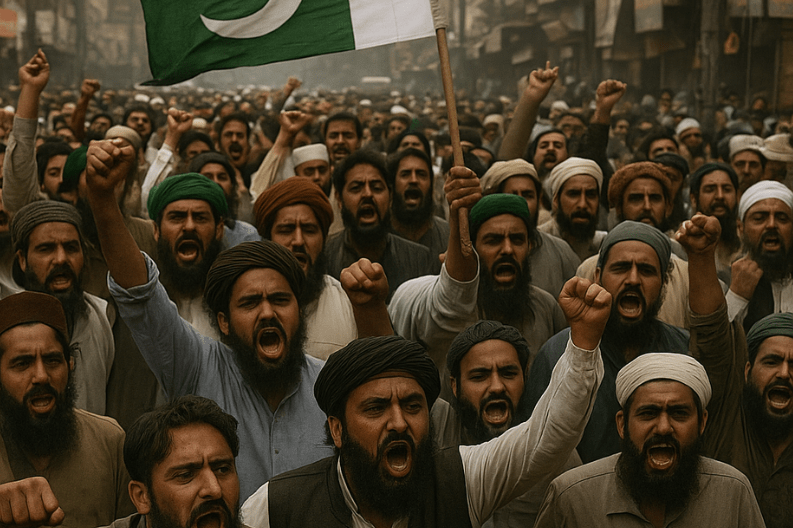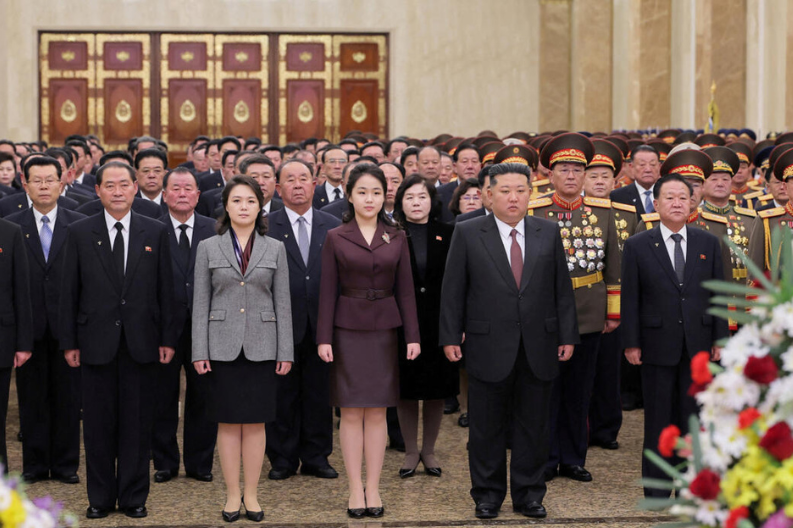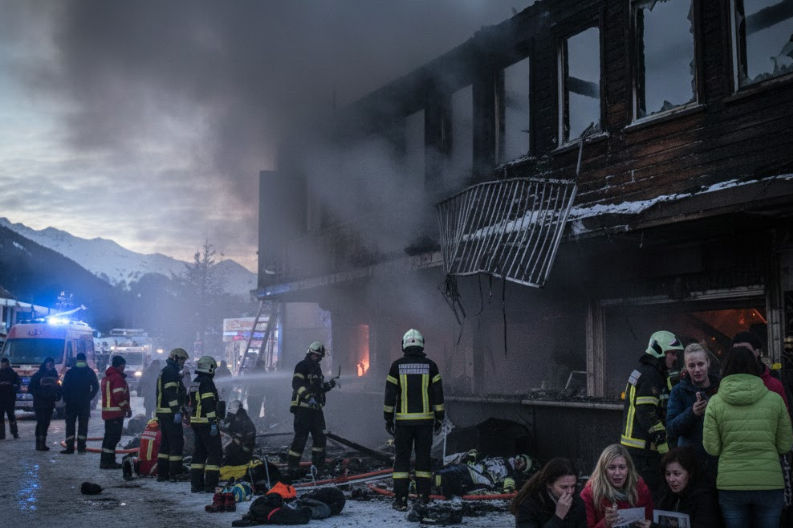Growing discontent leads to unrest in Pakistan as anger spreads among citizens toward their leaders, especially the military. People are frustrated by policies and violent crackdowns that have caused civilian deaths and silenced dissent. Security forces used extreme force against peaceful demonstrators, particularly targeting the Tehreek-e-Labbaik Pakistan (TLP). During a protest in Muridke, nearly 40 TLP members lost their lives. This brutal action forced the group to pause its demonstrations, but they plan to gather again on October 17 at Lahore’s Data Darbar to decide their next steps.
Although the protests have temporarily stopped, deep problems remain. The Afghan Taliban has shown support for the TLP, signaling potential cooperation between anti-government groups. Some members of Imran Khan’s party are also reaching out to frustrated citizens. These alliances could intensify public resistance against the government in the coming weeks.
Pakistan faces additional challenges from armed groups such as the Balochistan Nationalist Army (BLA) and the Tehreek-e-Taliban Pakistan (TTP). Protests are also rising in Pakistan-occupied Kashmir (PoK), showing growing nationwide frustration. Experts warn that excessive use of force cannot control unrest forever. Eventually, the government will face pressure from both its people and the international community to change course.
Many citizens believe the removal of Imran Khan from power was unjust and undemocratic. His ousting has raised questions about the state of democracy in Pakistan, with many arguing that the military continues to rule through a figurehead, Prime Minister Shehbaz Sharif. This perception has worsened public anger and widened the divide between the people and the authorities.
Indian intelligence agencies are closely monitoring the situation. They warn that cooperation between the Afghan Taliban and the TLP could unite opposition forces and escalate protests. If public anger reaches a breaking point, widespread demonstrations could erupt across major cities. Such a scenario might push global organizations to condemn Pakistan’s handling of dissent and highlight human rights abuses.
While the army has managed to suppress current protests, serious internal problems persist. Soldier morale is reportedly low due to significant losses against militant groups. The Taliban recently claimed to have killed 58 Pakistani soldiers in a retaliatory strike near the Durand Line. News like this damages troop confidence and weakens the military’s influence over the country.
Signs are emerging that the army’s control over Pakistan is weakening. Many believe that its era of dominance through force is nearing its end. In Punjab, where anti-establishment sentiment runs deep, dissatisfaction is especially intense. People with roots in cities like Mohali and Chandigarh are closely following these events, and their engagement could influence political activities both in Pakistan and abroad.
In conclusion, growing discontent leads to unrest in Pakistan as citizens grow tired of authoritarian rule, economic struggles, and violent crackdowns. The situation reflects a broader struggle for democracy and accountability. If leaders fail to address public concerns, the current unrest could evolve into a powerful movement demanding real change in how the country is governed.



